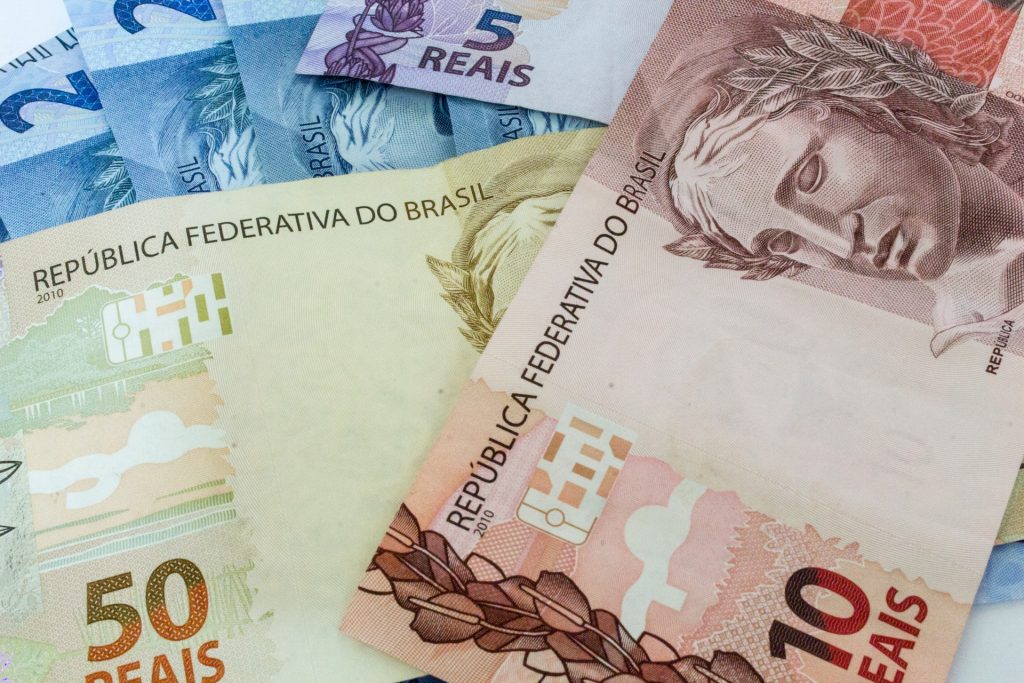Brazil’s Central Bank Tightens Forex Rules - Crypto Exchanges Brace for Impact
Brazil's financial regulators just dropped a bombshell that could reshape the entire crypto landscape.
New forex regulations from the Central Bank are targeting international payment processors - and crypto exchanges are caught in the crossfire. The rules demand stricter reporting requirements for cross-border transactions exceeding certain thresholds.
What This Means for Crypto Platforms
Exchanges facilitating international transfers now face increased compliance burdens. The regulations specifically target services that bypass traditional banking channels - sound familiar? Crypto platforms have built their business models on moving value across borders without middlemen.
Industry insiders whisper about potential operational overhauls. Compliance costs could skyrocket, forcing smaller exchanges to reconsider their international offerings.
The Regulatory Squeeze Tightens
Brazil isn't alone in this crackdown. Global financial watchdogs increasingly see crypto as a regulatory loophole that needs closing. The timing couldn't be worse - just as institutional adoption gains momentum.
Some exchanges might adapt by partnering with licensed payment institutions. Others could simply absorb the costs and hope their users don't notice the squeeze. Because when has passing regulatory costs to customers ever backfired in finance?
One thing's clear: the era of regulatory arbitrage is ending. Crypto's next chapter requires playing by traditional rules - even if the players still dream of rewriting them.
Forex Rules: Crypto Exchanges to Feel Effect?
These proposals focus mainly on Forex platforms, known as eFX in Brazil (short for electronic foreign exchange).
In fact, the bank did not make any direct reference to crypto exchanges in its proposals, nor to crypto transactions.
But, in their current form, the rules would impact crypto exchange platforms that allow their customers to make international transfers or sell coins for fiats other than the Brazilian real.
The BCB is keen to MOVE the largely unregulated Forex industry under its supervisory umbrella.
Its proposals include forcing existing and new Forex providers to apply for regulatory permits.
Forex platforms WOULD also have to submit data on their clients’ transactions and use designated on/off ramps for client withdrawals and deposits.
Furthermore, the proposals advocated capping individual transactions at a value equivalent to $10,000.
And the BCB wants to oblige forex platforms to boost their transparency criteria, displaying the real and full cost to customers of each individual transaction they make.
Crypto exchanges that allow their customers to make transfers to international accounts “may also be affected,” the media outlet warned.
The rules would also have an impact on crypto exchanges that operate from outside Brazil, with traders also potentially limited by $10,000 transaction caps.

Crypto’s Rising LATAM Appeal
The outlet noted that the proposals “do not address” investment functions on eFX platforms, but instead focus “only on currency transactions.”
The consultation period runs until November 2, the bank wrote in its document.
Crypto’s popularity continues to rise rapidly in Brazil and the wider Latin America region. Citizens in Venezuela and Argentina have turned to stablecoins like USDT en masse in a bid to stave off inflation.
#VNZWatch![]() : Today, I measure Venezuela's inflation at a SOARING 396%/yr.
: Today, I measure Venezuela's inflation at a SOARING 396%/yr.
That's the world's highest inflation rate.
VENEZUELA = INFLATION SOARING INTO OBLIVION. pic.twitter.com/HwVaNCoWpr
And Nubank, Brazil’s largest neobank, this month unveiled plans to pilot a stablecoin-based payment platform.

